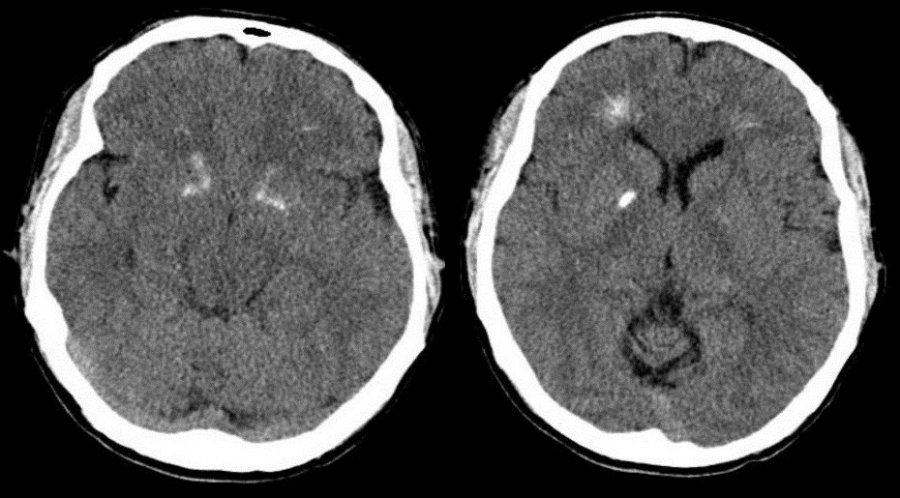Primarily observed in children under the age of two, DiGeorge Syndrome is a rare neonatal chromosomal disorder affecting bodily development. The condition, which is also called 22q11.2 deletion syndrome, is caused by a defect in chromosome 22 and has a varying range of symptoms impacting both physical and mental growth. In some cases, it can be passed genetically from an affected parent to a child.
Due to the condition’s long list of symptoms — many of which are caused by a myriad of other conditions — DiGeorge Syndrome can be difficult to diagnose and treat, which means you will need to seek out an accurate and prompt evaluation from a trusted healthcare professional. Starting out, however, here is a quick overview of the condition to potentially point you in the right direction.
Knowing the signs
As mentioned before, symptoms of DiGeorge Syndrome can be vast, and therefore the condition can be hard to pinpoint at first. That said, there are several broad symptoms that have become listed as common warning signs; these include, but are certainly not limited to:
- Cyanosis (a bluish tint to the skin caused by a lack of oxygen).
- Learning difficulties, including those typically associated with Attention Deficit Disorder (ADD)
- Skeletal abnormalities
- Seizures and other epileptic symptoms
- Feeding problems and failure to gain weight
Other, less externally evident symptoms may include autoimmune disorders, heart murmurs, frequent infections, and issues with the palate. In any scenario, the easiest and most established way to diagnose the condition is genetic testing, which can
Treating DiGeorge Syndrome
Unfortunately, there is currently no known cure for DiGeorge Syndrome — though certain symptoms may be individually treatable; this can fluctuate based on the urgency of the symptoms in question. For example, symptoms associated with certain immune-based disorders should ideally be addressed sooner than later to increase the chances of effective treatment. Other condition-based byproducts, like learning disabilities and anxiety, can be mitigated through proper intervention aimed at fostering intellectual growth and emotional stability.
These efforts may not treat the underlying root of the issue, but they can help on other fronts, such as improving the child’s overall quality of life.
Prevention can also be key in stopping the condition; if you feel you may have a family history of DiGeorge Syndrome, consult a specialist prior to any future pregnancies.

